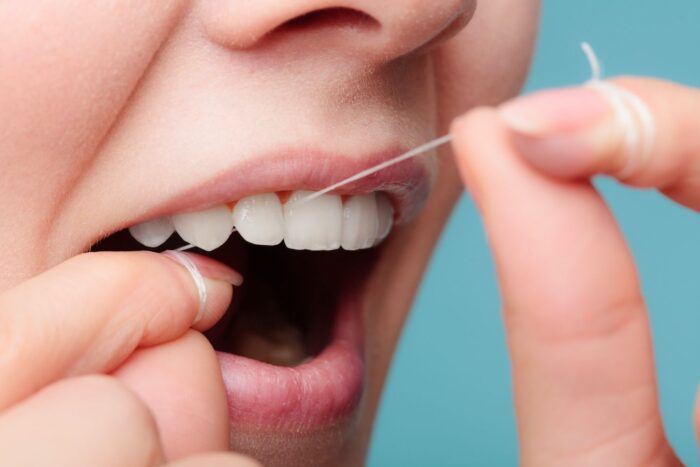Of all the dental habits, flossing may be one of the most underrated. Many people underestimate the importance of flossing, but it is an essential part of your oral and overall health. Maintaining good oral hygiene involves more than just brushing your teeth. Flossing plays a crucial role in keeping your mouth healthy. Neglecting this habit can cause serious damage to your smile.

Removing Plaque and Food Particles
Flossing is essential for removing plaque and food particles from between your teeth. While your toothbrush can effectively clean the surfaces of your teeth, it cannot reach the tight spaces between them. When plaque builds, it can lead to gum disease and tooth decay. Regular flossing helps prevent these issues and promotes the health of your teeth and gums.
Preventing Bad Breath
Leftover food particles between your teeth can break down over time, causing unpleasant odors and bad breath. This is because these food particles can decay in your mouth. Additionally, bacteria will feed on these particles and multiply. Flossing regularly helps remove these particles, keeping your breath fresh and your smile more enjoyable.
Preventing Tartar Buildup
Regular flossing also helps prevent the buildup of tartar. Tartar is hardened plaque that can only be removed by a dental professional. If left untreated, tartar buildup can lead to gum disease. Unfortunately, this can also result in gum recession, bone loss, and tooth loss.
Consequences of Not Flossing Regularly
Neglecting regular flossing can have significant dental consequences. Cavities, gum disease, and bad breath are just a few of the potential problems that can arise. Gum disease, in particular, can have serious health implications. Studies have also linked gum disease to conditions like heart disease, stroke, and diabetes.
Development of Pockets and Infections
Without regular flossing, pockets can develop between your teeth and gums. These pockets become ideal breeding grounds for bacteria, leading to infections that contribute to gum disease and tooth decay.
Importance for Braces and Orthodontic Appliances
Those with braces or orthodontic appliances need to pay special attention to flossing. These devices create additional surfaces where food particles and plaque can accumulate. Regular flossing is crucial to prevent decay and gum disease during orthodontic treatment.
Proper Flossing Techniques
It’s essential to floss correctly to maximize its effectiveness. Use a piece of floss long enough to reach all your teeth, and gently slide it between each tooth. Avoid forcing or snapping the floss into the gum line. Curve the floss around each tooth in a C-shape, and move it up and down to remove any debris.
Regular flossing is a fundamental part of maintaining good oral hygiene. Neglecting to floss regularly can lead to tooth loss and potentially contribute to serious health issues. This simple but essential habit will greatly benefit your smile and overall health.
